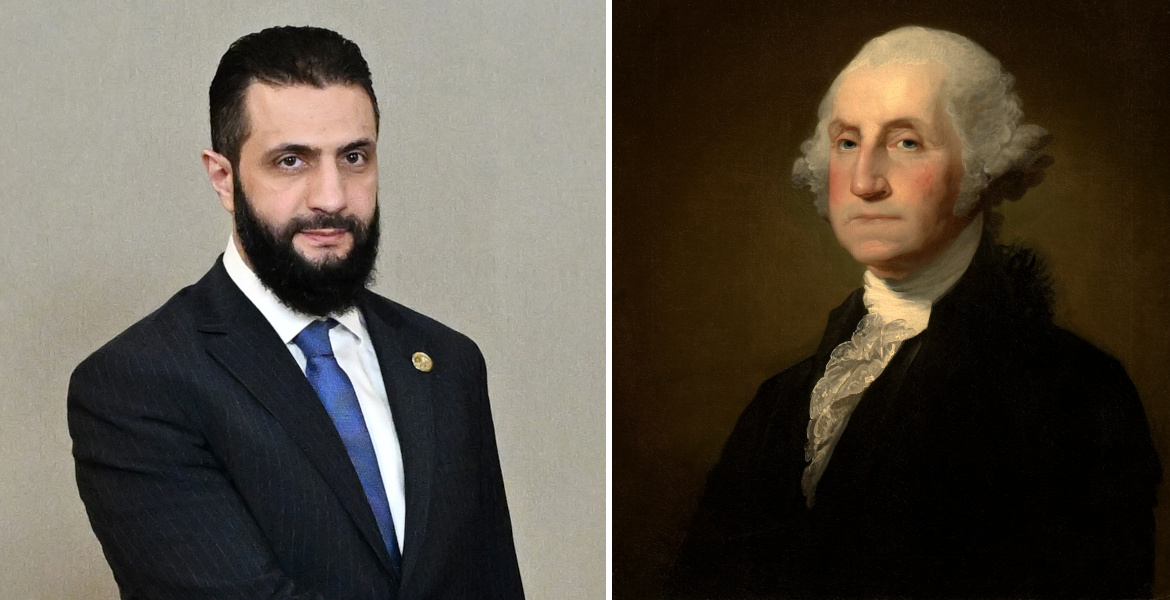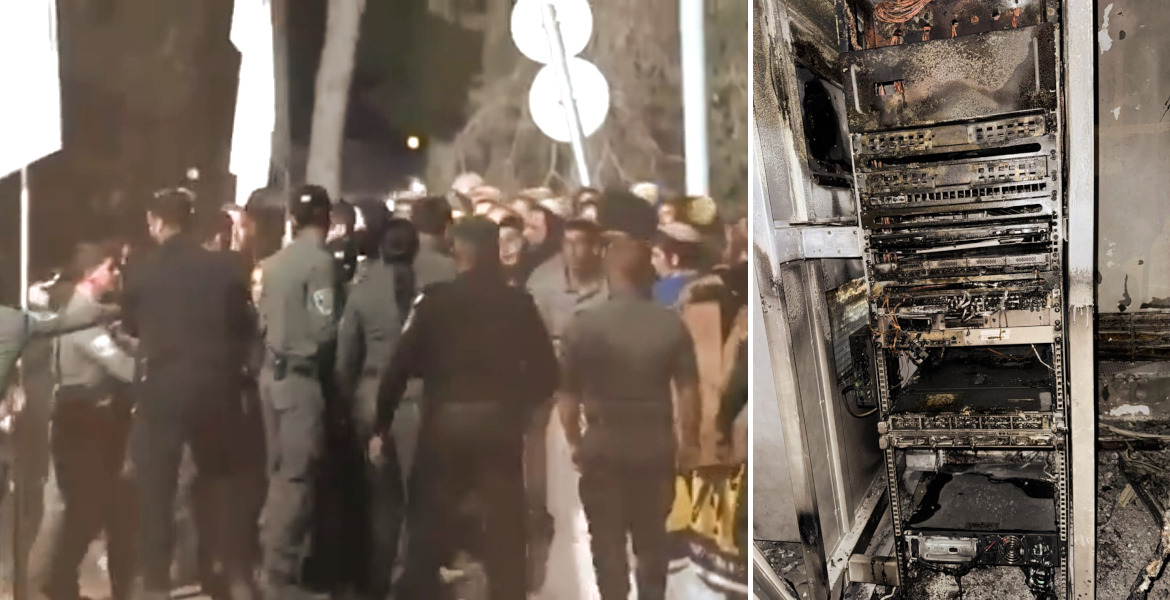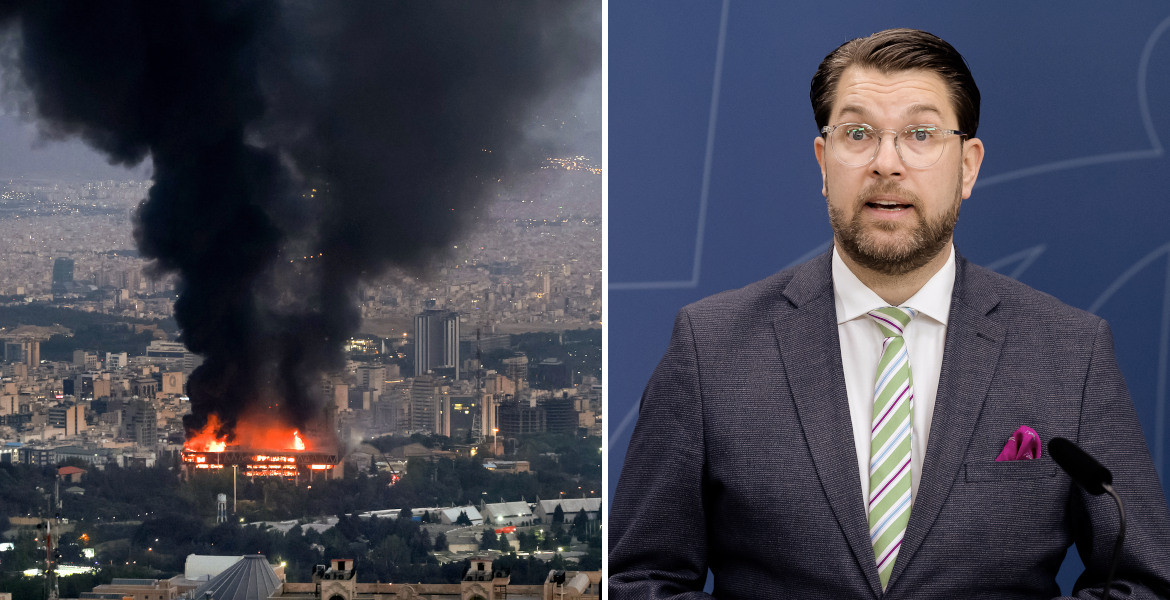Iranian President Masoud Pezeshkian denies that the country is developing nuclear weapons and claims that Israel has tried to kill him, in a new interview with American journalist Tucker Carlson. The 70-year-old heart surgeon who leads the country says he is ready to resume diplomacy with the US, but accuses Israeli Prime Minister Benjamin Netanyahu of having destroyed the peace process.
The interview, which was published on Tucker Carlson’s X channel, was conducted through an interpreter following recent weeks of escalation between the US and Iran. Carlson explains the reason for the interview by saying that American citizens have the right to all information that affects them, especially when their country is involved in conflicts.
— We did this interview because we were at war with Iran 10 days ago and maybe will be again, Carlson explains in his introduction. He emphasizes that the goal is not to reach “absolute truth” but to — contribute to the knowledge base from which Americans can form their own opinion.
Denies nuclear weapons ambitions
President Pezeshkian categorically denies that Iran is developing nuclear weapons and refers to religious prescriptions that prohibit this.
— The truth is that we have never sought to develop a nuclear bomb, not before, not now, or in the future, because this is wrong and goes against the religious decree or fatwa that has been issued by his excellency, the supreme leader of the Islamic Republic of Iran, says Pezeshkian.
He accuses Israeli Prime Minister Benjamin Netanyahu of having created “this false mentality that Iran is seeking a nuclear bomb” since 1984 and of having instilled this perception in every American president since then.
Criticizes IAEA after bombings
Regarding the role of the International Atomic Energy Agency (IAEA), Pezeshkian explains that Iran was “somewhat pessimistically inclined” because they realized that Israel could obtain information from IAEA inspections. Despite this, Iran allowed full access for monitoring.
— As a result of the US’s illegal attacks on our nuclear centers and installations, much of the equipment and facilities there have been seriously damaged. Therefore, we have no access to them. We cannot see, and if this access does not come back again, we must wait, says the president.
Claims Israel tried to kill him
When asked if Israel has tried to kill him, Pezeshkian responds affirmatively:
— They tried, yes. And they acted accordingly, but they failed. As a true believer, I believe that it is in God the Almighty’s hands to decide when a person should die or not die.
He describes how he was at a meeting when Israel tried to bomb the area, but explains that he is not afraid to sacrifice his life for his country:
— I am willing to give my life, to bleed for it. No one here, I mean, none of the government officials are afraid to lose their lives in the line of defense.
“Death to America” – explains the meaning
Regarding the expression “death to America” heard from Iranians, Pezeshkian explains that this is misunderstood:
— When they say death to the US, it doesn’t mean death to – they don’t mean death to the people of the US or even to the officials of the US – they mean death to crime, death to killing and bloodshed, death to supporting the killing of others, death to insecurity and instability, he says.
The president emphasizes that Iran has never invaded another country in 200 years and asks rhetorically:
— Have you ever heard of an Iranian killing an American? Have you ever heard that? Or a terrorist who was Iranian and he carried out a terrorist attack against Americans?
Ready for new negotiations – with conditions
Pezeshkian expresses that Iran is open to resuming negotiations with the US, but sets conditions following recent attacks:
— We see no problems with resuming negotiations. But before that, I must remind you that due to the atrocities committed by the Zionist regime, by Israel, not only against my country but throughout the region, we now face a crisis.
He describes how Iranian commanders were killed when they were off duty at home with their families, which he claims are war crimes under international law. The president also poses the question of how Iran can trust the US again:
— How can we trust the US again? We resume negotiations. How can we then know for sure that right in the middle of the talks, the Israeli regime won’t get permission again to attack us?
Economic cooperation possible
Despite tensions, Pezeshkian says there are no restrictions on American investments in Iran from Iran’s side:
— His excellency emphasized that there is no limitation and there is nothing preventing American investors from coming to Iran and making investments in Iran even currently, he says, referring to the country’s supreme leader.
He adds that any restrictions are caused by American sanctions, not by Iran.
Sees Trump as key figure
Pezeshkian expresses hope that President Donald Trump can lead the region toward peace:
— I believe that the US president can very well lead the region and the world to peace and calm or, on the other hand, lead it to eternal wars, he says.
He urges Trump not to let himself be drawn into “Netanyahu’s war” and describes the Israeli prime minister as someone with “an inhuman agenda” who wants “eternal wars, wars that continue and continue and continue”.
The interview concludes with Pezeshkian’s emphasis that Iran relies on itself:
— We have always put our trust in God and on God we rely. And we are capable of defending ourselves and standing on our own feet to defend our country, our territorial integrity to the last drop of our blood.







